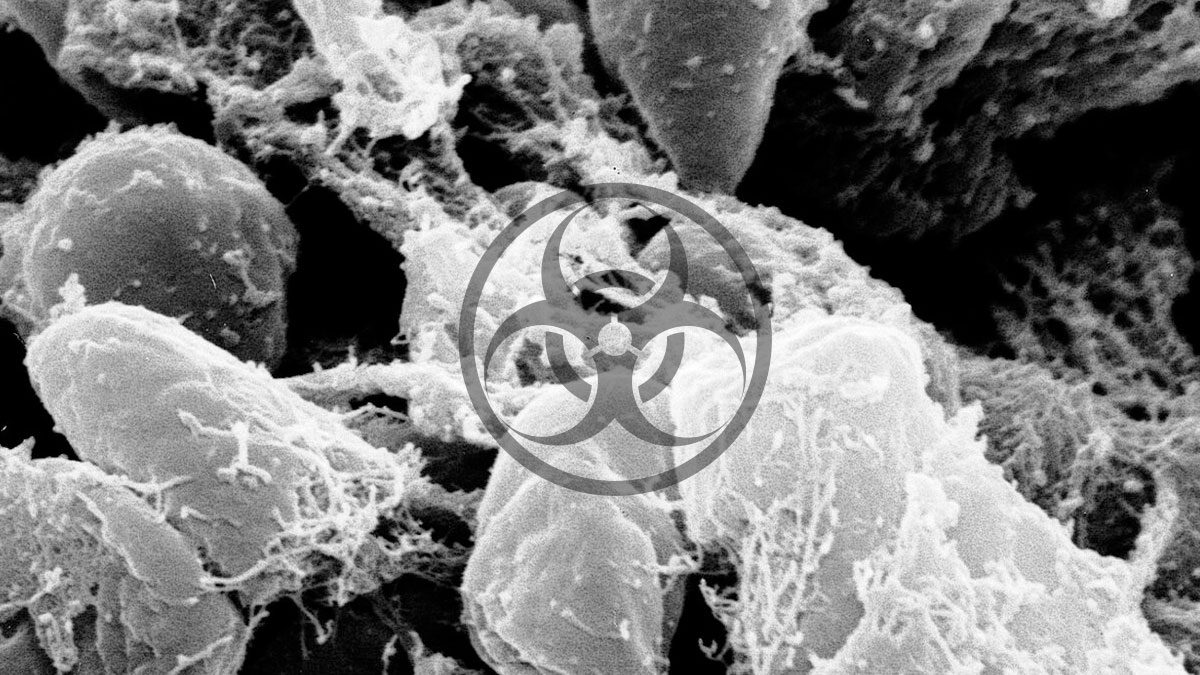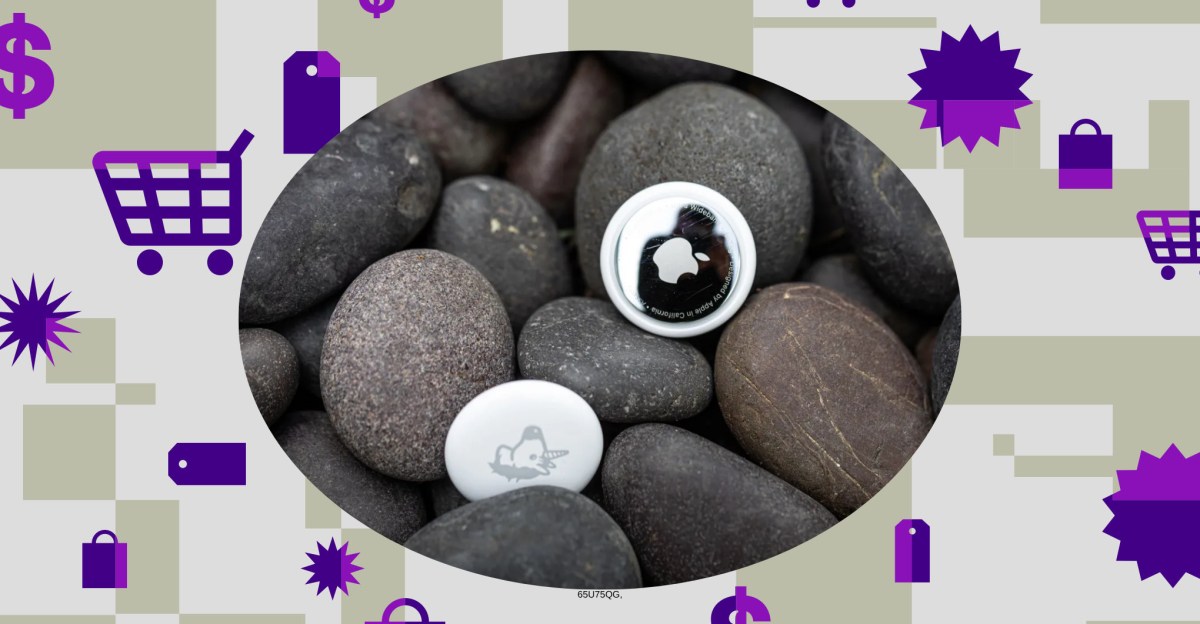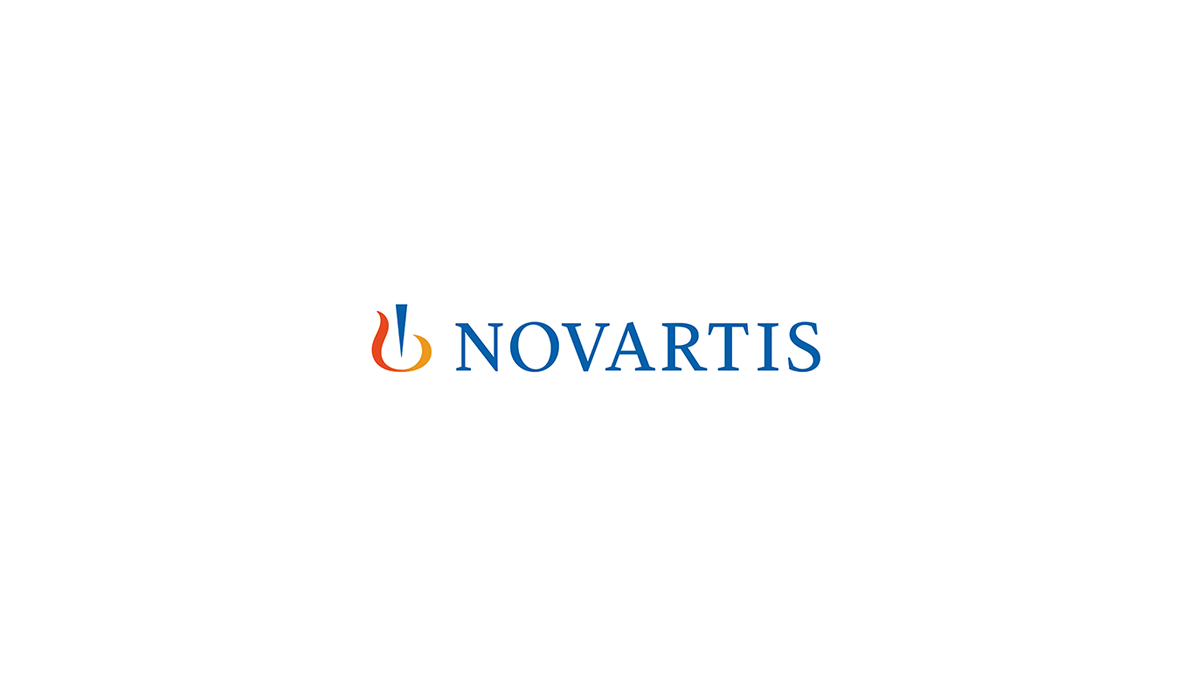Takeaways
- Rapid bone loss begins before menopause; early screening during perimenopause is essential for women at risk.
- Estrogen therapy and low-dose bisphosphonates are effective in preserving bone density during and after menopause.
- Intermittent…


From 25 October 2025 to 25 March 2026, the world’s top skiers will compete in more than 70 races across four disciplines (Slalom, Giant Slalom, Super-G, Downhill) in the 2025/26 FIS Alpine Ski World Cup season.
The circuit will pause from 6-22…


In mid-September 2025, the Friedrich-Loeffler-Institut (FLI)—Germany’s Federal Research Institute for Animal Health—hosted the NATO-supported Advanced Research Workshop (ARW) titled “Update on Bacterial Biological Agents in…

Anastasiia Metelkina and Luka Berulava closed out the pairs’ free skate at the 2025 Cup of China in Chongqing, People’s Republic of China, on Saturday, 25 October, with a stunning performance to Jonathan Roy’s “Keeping Me Alive” that sealed…

Jack Lisowski compiled three centuries as he comprehensively defeated Zhou Yuelong 6-1 to book a place in the Northern Ireland Open final against Mark Allen or Judd Trump.
The world number one and the Antrim player will contest the second…

A recently published, national case-control study of more than 100,000 nursing home residents with Alzheimer disease and related dementias (ADRD) revealed that benzodiazepines and antipsychotic use is associated with increased risk of 180-day…

By Charles Passy
A new survey points to a growing tipping backlash as 65% of Americans say they’re fed up with doling out those dollars
The tip screen has become a fact of life at many businesses – and customers aren’t crazy about it.
Have Americans reached a tipping point when it comes to tipping?
A new consumer survey from Popmenu, a technology company that services the restaurant industry, suggests as much. The key data point: 65% of Americans said they’re fed up with tipping – a notable increase from 2023, when 53% said they had reached that point.
Americans seem to be especially bothered by the fact so many businesses have their hand out for tips, from quick-serve restaurants to dog-grooming establishments and vehicle-repair shops. Consumers said that in the past year, they spent $150 on tips they felt were unnecessary, according to the survey.
“People are saying, ‘I don’t know what to tip for any more,’” Popmenu CEO Brendan Sweeney told MarketWatch.
On top of that, the suggested tip amounts shown on now-ubiquitous “tip screens” can be 30% of the purchase price, or even more in some instances, said etiquette expert Nick Leighton.
“The suggested amounts can sometimes be bonkers. A $1, $2 or $3 tip suggestion on a $3 cup of coffee is a 33%, 66% or 100% tip,” he said.
Add it up and we could be looking at the beginning of a consumer tipping backlash, if not a full-scale revolt, experts say.
“People are totally over it,” said Izzy Kharasch, president of Hospitality Works, a Chicago-based restaurant-consulting firm.
Kharasch is part of that change in behavior. He said he generally doesn’t leave tips when he’s ordering a coffee or a muffin at a quick-serve establishment. It’s what he describes as the new norm – being “tip choosy.”
Consumers said that in the past year, they spent $150 on tips they felt were unnecessary.
The tipping boom started a few years ago, according to hospitality experts and others. Part of it was fueled by new technology: point-of-sale systems that built tip screens into the checkout process.
Another part was the growing awareness of the financial and other challenges that service workers face. That became particularly evident during the pandemic, when such employees were often told to show up for their jobs despite the health risks.
Tipping was “a meaningful way to thank service workers during an incredibly difficult time,” said Deidre Popovich, associate professor of marketing at Texas Tech University.
But now that we’re a few years past the pandemic, that concern may not be as significant, experts say. In addition, inflationary pressures have prompted many businesses – restaurants especially – to raise prices. So if consumers are having to pay more for their purchase, they may be less inclined to tip.
It’s also possible the new “no tax on tips” deduction – something Donald Trump touted heavily during the presidential campaign – could result in some consumers deciding to tip less. Certainly, it’s a point that’s been raised on social media.
Finally, there are just those people, like Kharasch, who simply question if all services merit a tip of any kind, much less a sizable one.
“I’m so over tipping. It’s gone too far,” business owner Alitzah Stinson said in a TikTok video that has drawn hundreds of comments. Specifically, she addressed issues with tipping when ordering a breakfast smoothie – before she’s even tasted the drink and decided whether it was good or not.
“It’s a smoothie. It’s not like a sit-down restaurant,” she added, before sharing one of her new “rules” for tipping. “I am not tipping anywhere where they ask me to tip before I’ve experienced the service,” she said.
What might happen if the tipping backlash becomes more significant?
Experts say that merchants may have to adjust expectations of what people will tip and, at the very least, lower the suggested amounts on those tip screens. Or they can simply opt to charge more upfront and build the tip into the overall price.
The Popmenu survey suggested the latter option would be an appealing one for many consumers, with 62% saying they would rather spend more for food and drink if it enabled restaurants to provide higher wages for their employees and do away with tipping entirely.
The status quo may prevail, tip screens and all, but consumers may begin to decide whether they really want to tip 30% or if they will just skip the gratuity altogether, experts say. Or perhaps consumers will find a middle ground that feels comfortable.
Either way, it appears they may no longer tip without discretion, said Popmenu’s Sweeney.
“I think it will get to where people say, ‘I’m going to have my own rules,’” he said.
-Charles Passy
This content was created by MarketWatch, which is operated by Dow Jones & Co. MarketWatch is published independently from Dow Jones Newswires and The Wall Street Journal.
(END) Dow Jones Newswires
10-25-25 1110ET
Copyright (c) 2025 Dow Jones & Company, Inc.

Apple’s AirTags have become one of my essentials while traveling, namely because they let me check whether my luggage is in the right place instead of panicking at the baggage claim. And right now, you can get a four-pack of AirTags at Amazon…

Basel, October 25, 2025 – Novartis announced today plans to present data from 27 company- or investigator-sponsored abstracts across its Immunology portfolio and pipeline at the 2025 American College of Rheumatology (ACR) Convergence. Data to be presented include late-breaking pivotal Phase III results from the replicate NEPTUNUS-1 and NEPTUNUS-2 trials evaluating ianalumab in Sjögren’s disease1. New biomarker data from an ongoing Phase 1/2 study of rapcabtagene autoleucel in severe refractory systemic lupus erythematosus will also be presented, along with Cosentyx data in multiple rheumatology indications2,3.
“Our data at this year’s ACR demonstrate that Novartis is at the forefront of scientific innovation and is developing medicines for some of the most challenging autoimmune diseases, such as Sjögren’s,” said Angelika Jahreis, Global Head, Development, Immunology, Novartis. “Autoimmune diseases are often devastating and life-limiting. We are committed to developing new therapies with the potential to transform the standard of care for the millions who continue to suffer from rheumatic diseases.”
Ianalumab is an investigational medicine that has the potential to become the first targeted therapy for Sjögren’s disease, an area of high unmet need with no FDA-approved treatments4,5. Sjögren’s disease affects millions of people globally and is the second most prevalent rheumatic disease6.
Additional presentations include data for rapcabtagene autoleucel, a novel one-time investigational CAR-T cell therapy being evaluated across several refractory autoimmune disease for its potential to induce an immune reset7-9. Further presentations will feature real-world data on Cosentyx® (secukinumab) in psoriatic arthritis, and new insights into the dual mode of action of ianalumab.
Investor call on Novartis Immunology pipeline
Following the conclusion of ACR, Novartis will host a conference call for investors to provide updates on the company’s Immunology pipeline on Thursday, October 30, 2025, at 11:30 a.m. ET. Details can be found here.
Key abstracts accepted by ACR include:
| Molecule/disease state | Abstract title | Abstract number/ presentation details |
| Ianalumab | ||
| Sjögren’s disease
|
Ianalumab demonstrates significant reduction in disease activity in patients with Sjögren’s Disease: Efficacy and safety results from two global Phase 3, randomized, placebo-controlled double-blind studies (NEPTUNUS-1 and NEPTUNUS-2) | Abstract #LB24 Oral presentation Oct. 29, 9:15 am – 9:30 am CST
|
| Sjögren’s disease
|
Evaluation of the dual mode of action of Ianalumab (VAY736) in the circulation and salivary gland tissue of patients with Sjögren’s Disease: Results from a Phase 2 mechanistic study | Abstract #2296 Poster presentation Oct. 28, 10:30 am – 12:30 pm CST |
| Sjögren’s disease
|
Ianalumab’s dual mode of action: targeting B cells through enhanced B cell depletion and blockade of B cell activating factor receptor signaling | Abstract #0903 Poster presentation Oct. 27, 10:30 am – 12:30 pm CST |
| Systemic lupus erythematosus | Achieving sustained lupus low disease activity state and remission with ianalumab (VAY736) in patients with systemic lupus erythematosus: A post hoc analysis from a phase II study | Abstract #0801 Oral presentation Oct. 26, 1:00 pm – 1:15pm CST |
| Rapcabtagene autoleucel | ||
| Systemic lupus erythematosus | Biomarker data from an open-label, Phase 1/2 Study for YTB323 (Rapcabtagene Autoleucel, a rapidly manufactured CD19 CAR-T therapy) suggest reset of the B Cell compartment in severe refractory SLE | Abstract #2696 Oral Presentation Oct. 29, 12:15pm – 12:30 pm CST |
| Cosentyx (secukinumab) | ||
| Psoriatic arthritis
|
Comparison of incidence of psoriatic arthritis in patients with psoriasis treated with interleukin-17 inhibitors vs interleukin-23 inhibitors, interleukin-12/23 inhibitors, and tumor necrosis factor inhibitors in real-world practice: a retrospective study | Abstract #2689 Oct. 29, 12:15pm – 12:30 pm CST
|
About Novartis Immunology
At Novartis, we’re advancing bold science for autoimmune diseases, where meaningful therapeutic progress has long stalled.
With a growing legacy of first-in-class innovation across Rheumatology, Dermatology and Allergy, and a diverse industry-leading pipeline, we’re committed to shaping what’s next in Immunology. From small molecules to biologics and CAR-T cell therapy, our innovation is powered by cutting-edge science, focused on where we can have the greatest impact on patient outcomes and supported by strong collaboration across the healthcare ecosystem.
We’re not just treating autoimmune diseases. We’re reimagining medicine, together.
Product information
For full prescribing information, including approved indications and important safety information about marketed products, please visit https://www.novartis.com/about/products
Disclaimer
This press release contains forward-looking statements within the meaning of the United States Private Securities Litigation Reform Act of 1995. Forward-looking statements can generally be identified by words such as “potential,” “can,” “will,” “plan,” “may,” “could,” “would,” “expect,” “anticipate,” “look forward,” “believe,” “committed,” “investigational,” “pipeline,” “launch,” or similar terms, or by express or implied discussions regarding potential marketing approvals, new indications or labeling for the investigational or approved products described in this press release, or regarding potential future revenues from such products. You should not place undue reliance on these statements. Such forward-looking statements are based on our current beliefs and expectations regarding future events, and are subject to significant known and unknown risks and uncertainties. Should one or more of these risks or uncertainties materialize, or should underlying assumptions prove incorrect, actual results may vary materially from those set forth in the forward-looking statements. There can be no guarantee that the investigational or approved products described in this press release will be submitted or approved for sale or for any additional indications or labeling in any market, or at any particular time. Nor can there be any guarantee that such products will be commercially successful in the future. In particular, our expectations regarding such products could be affected by, among other things, the uncertainties inherent in research and development, including clinical trial results and additional analysis of existing clinical data; regulatory actions or delays or government regulation generally; global trends toward health care cost containment, including government, payor and general public pricing and reimbursement pressures and requirements for increased pricing transparency; our ability to obtain or maintain proprietary intellectual property protection; the particular prescribing preferences of physicians and patients; general political, economic and business conditions, including the effects of and efforts to mitigate pandemic diseases; safety, quality, data integrity or manufacturing issues; potential or actual data security and data privacy breaches, or disruptions of our information technology systems, and other risks and factors referred to in Novartis AG’s current Form 20-F on file with the US Securities and Exchange Commission. Novartis is providing the information in this press release as of this date and does not undertake any obligation to update any forward-looking statements contained in this press release as a result of new information, future events or otherwise.
About Novartis
Novartis is an innovative medicines company. Every day, we work to reimagine medicine to improve and extend people’s lives so that patients, healthcare professionals and societies are empowered in the face of serious disease. Our medicines reach nearly 300 million people worldwide.
Reimagine medicine with us: Visit us at https://www.novartis.com and connect with us on LinkedIn, Facebook, X/Twitter and Instagram.
References
# # #